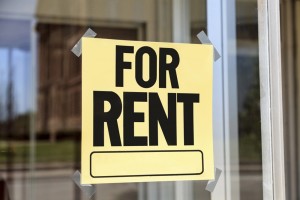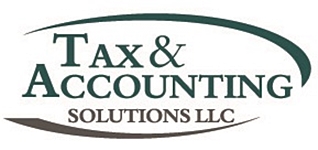Investing in Rental Property: Things To Know About Income & Deductions
 Investing in rental property can be a smart financial move, but when it comes to your federal tax responsibilities, it’s important to be aware of what is considered rental income and the associated expenses that can be deducted from your rental income.
Investing in rental property can be a smart financial move, but when it comes to your federal tax responsibilities, it’s important to be aware of what is considered rental income and the associated expenses that can be deducted from your rental income.
What’s considered rental income? Anything received as rent must be reported as part of your gross income for the year you received the payments. Besides rent payments received from tenants, other rental income includes advance rent, security deposits, payment for breaking a lease, expenses paid by a tenant, property or services received as rent and payments received under a lease with an option to buy agreement.
What are your eligible deductions? You may deduct mortgage interest, property tax, operating expenses, depreciation and repairs. However, you cannot deduct the cost of improvements (i.e., anything that adds to the value of your property).
What records should you keep? Keeping good records of rent, rental repairs and travel expenses incurred for rental property is essential to tracking deductions, preparing tax returns and supporting items reported on the returns. It’s also important to keep documentary evidence, such as receipts, canceled checks or bills to help substantiate certain elements of expenses so you can deduct them.

